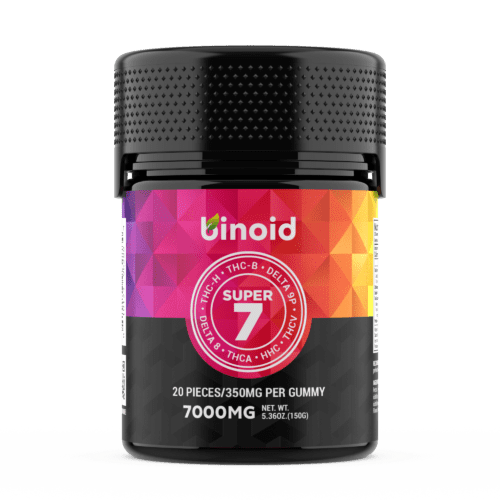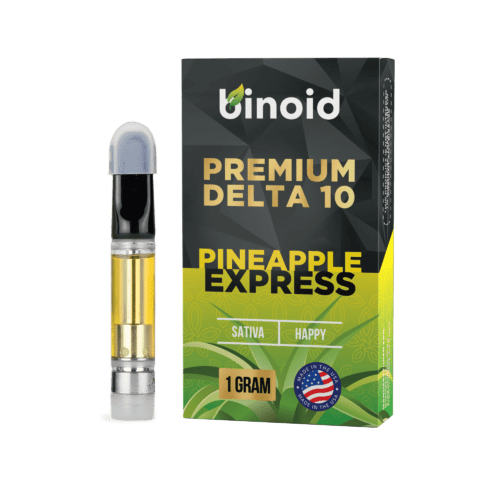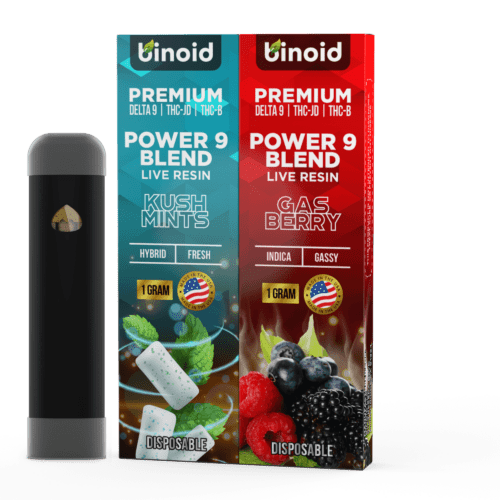
What’s The Future of Idaho Hemp Farming?
As of 2022, Idaho farmers were finally legally permitted to cultivate hemp, the non-psychoactive member of the cannabis genus that shares a lot in common with marijuana. Marijuana has remained strictly illegal in Idaho for some time, and the state has generally remained behind the curve as the hemp craze has swept across the country. It was one of the last states to permit its residents to purchase and use CBD products, and only recently has hemp cultivation been allowed in the state.
TO BUY HEMP PRODUCTS CLICK HERE
That means that this year’s hemp crop in Idaho remains tough to predict, simply because hemp has never been grown there before. And, at the very least, it’s going to be quite a small yield.
Eager hemp farmers in Idaho have been encouraged by industry leaders and lawmakers in the state, and also reminded that this is such a new addition to the state’s agriculture that first-time farmers should manage their expectations, both in terms of yield and profitability, as the state continues to find its footing in an industry that many other states have mastered years ago.
On February 4th of 2022, chief operating officer and co-founder of IND Hemp greeted prospective Idaho hemp farmers at a meeting in Buhl. Over 100 guests attended, with many of them being farmers. There, she congratulated them on being trailblazers, and urged beginners to the industry not to give up as the market only begins to grow in the state. She reminded attendees that hemp production is “a marathon; not a sprint,” and has remained committed to counseling those who are just getting their feet wet in the legal hemp trade.
IND Hemp processes hemp in Montana, and, was invited to the meeting to offer support and guidance to those who are completely new to the industry, and eager to get started. The company is aiming to develop contracts with Idaho growers to give them a mutually beneficial boost.
Just this year, the Idaho State Department of Agriculture has begun allowing the farming and processing of the industrial hemp plant, and first began accepting applications in November in exchange for a license. Idaho hemp farmers and processors must follow the state law, which matches that of federal law as of 2018, declaring that all hemp products must contain, at most, 0.3% delta 9 THC to keep hemp products from being psychoactive. Fortunately, hemp naturally grows to be a non-psychoactive plant, so adhering to this law is generally no problem.
Only last April did hemp become legal to produce and process in Idaho, as a result of the signing of House Bill 126 by Governor Brad Little. The law requires that farmers obtain a license from the ISDA in order to grow industrial hemp legally, and also states that people may transport industrial hemp if it’s on behalf of a licensed person in the state’s database.
A Small Yield for Idaho This Year
ISDA bureau chief for hemp Casey Monn stated that only 22 applications were officially submitted to the state’s agricultural department to be reviewed. What’s interesting is that while 81 applications were officially started, only 22 of them actually ended up submitted and into the hands of the ISDA. And, of that 22, 10 are hemp handlers or processors, and just 12 are farmers who wish to cultivate industrial hemp on a combined 270 acres of Idaho farmland. While 270 acres may sound like a lot, and is certainly more than the 0 in previous years, it still barely comes close to other crops in Idaho, such as the 1 million acres of wheat and 350,000 acres of corn grown in the state. And, of course, it’s far below the average industrial hemp grown in many other states in the country.
It’s clear that it’s going to take a while for farmers to see the value in growing hemp, especially since much of the state’s farmland sees high profitability cultivating other hemp products like wheat, corn, barley and potatoes. It’s safe to say that many farmers in Idaho are waiting to see how other farmers do before committing a portion of their land to growing hemp.
Other farmers are more concerned with transportation of crops than anything else. They feel that shipping their hemp to anywhere outside of the state would be a waste of resources, and, are waiting to see if this new change in law will promote a new hemp industry within the state, which would be more profitable for all parties involved.
Still, many farmers are very optimistic thanks to the ever-growing demand of hemp throughout the country, feeling that industrial hemp will remain a commodity for a long time to come. Idaho-based company Hempitecture doesn’t sell CBD products, but they do build materials using the strong fibers of the hemp plant and other parts of the plant, receiving a $207,000 grant from Idaho Global Entrepreneurial Mission to partner with the University of Idaho to research the value and efficacy of hemp-based natural insulation products. So, beyond the market for CBD, delta 8 and other cannabinoids, there’s a lot of value in hemp for other industries as well, which can boost demand for locally grown raw plant material.
Ultimately, farmers are optimistic, not only because of the plant’s profitability and consumer demand, but because Idaho offers the ideal growing conditions for the plant, which can give their industry an edge. And maybe in 2023, more farmers will dedicate portions of their land to cultivating industrial hemp which can support the state’s industry further.
TO BUY HEMP PRODUCTS CLICK HERE
-
Product on sale
 Super 7 Gummies – 7000MG$39.97
Super 7 Gummies – 7000MG$39.97$59.99 -
Product on sale
 THC-P Vape Cartridge$29.99
THC-P Vape Cartridge$29.99$59.99 -
Product on sale
 Delta 10 THC Vape Cartridge$26.99
Delta 10 THC Vape Cartridge$26.99$59.99




